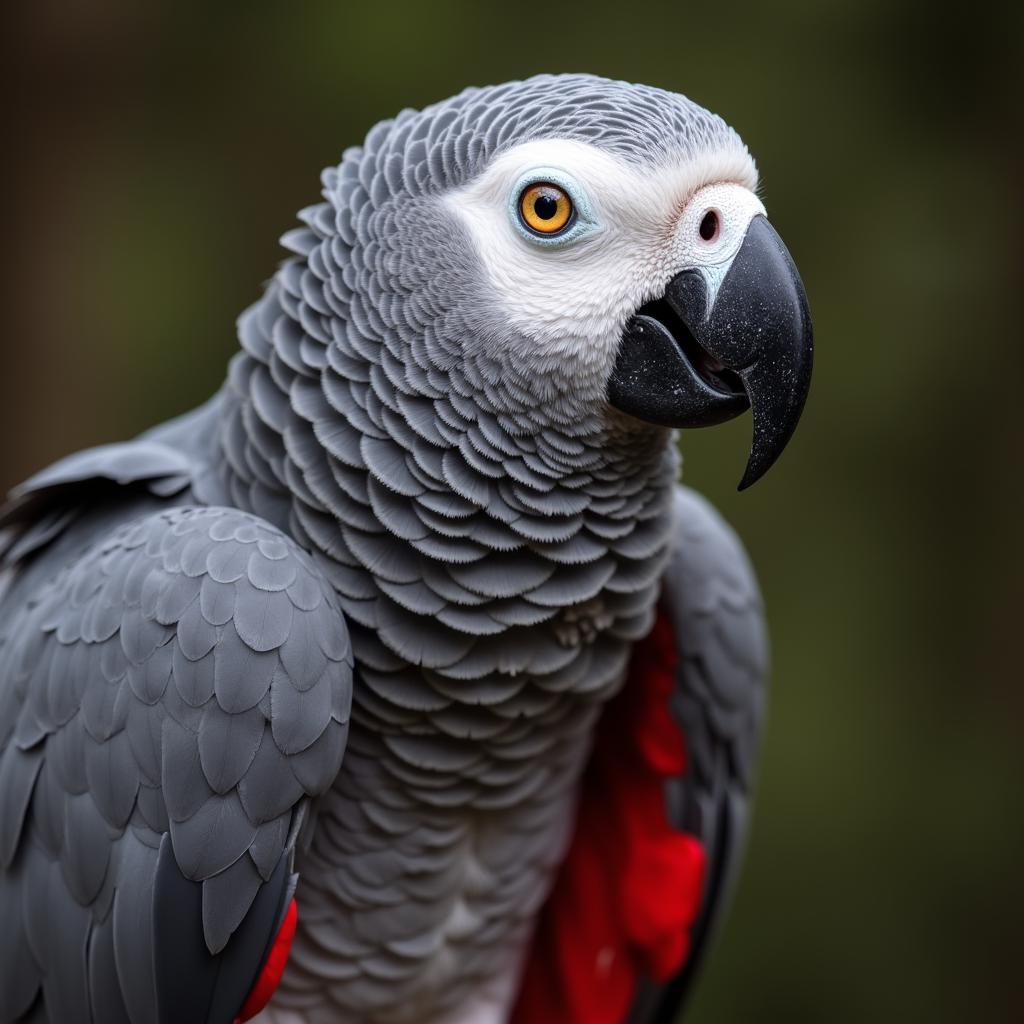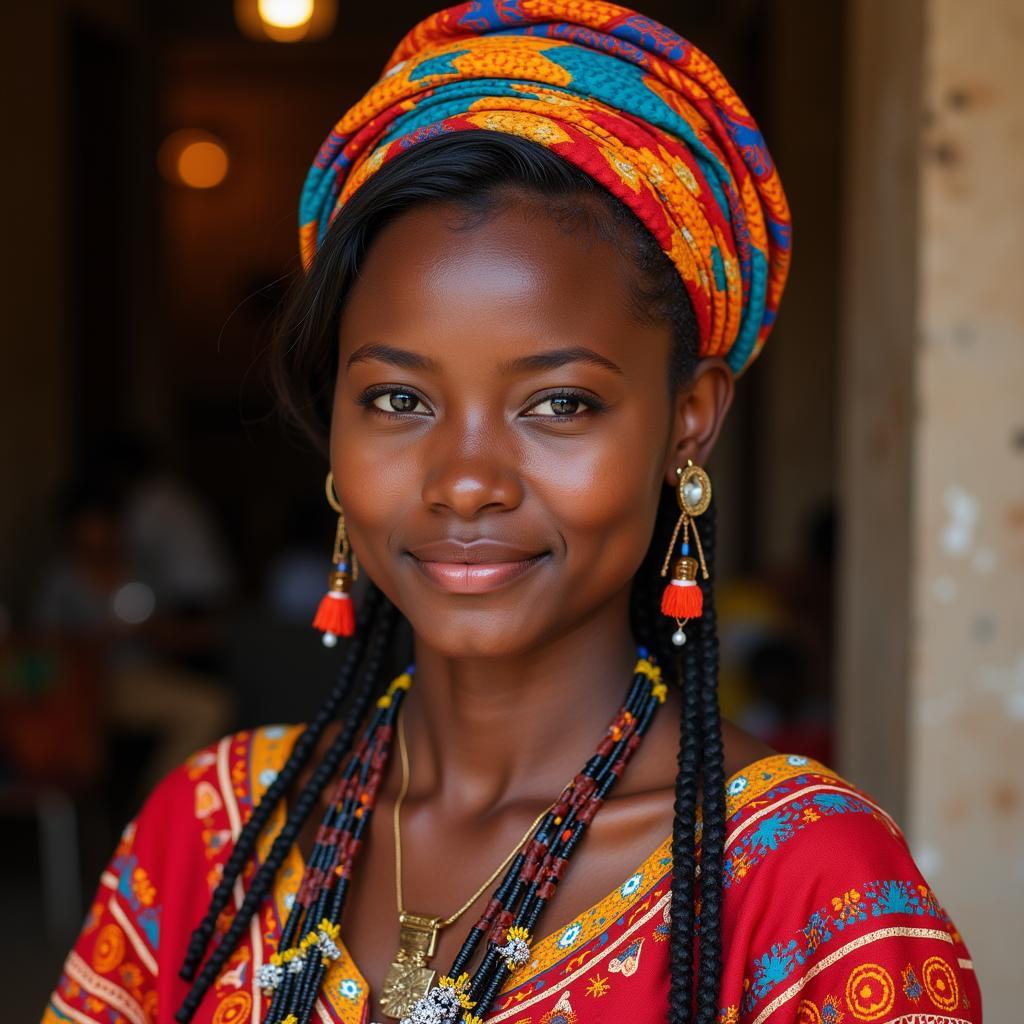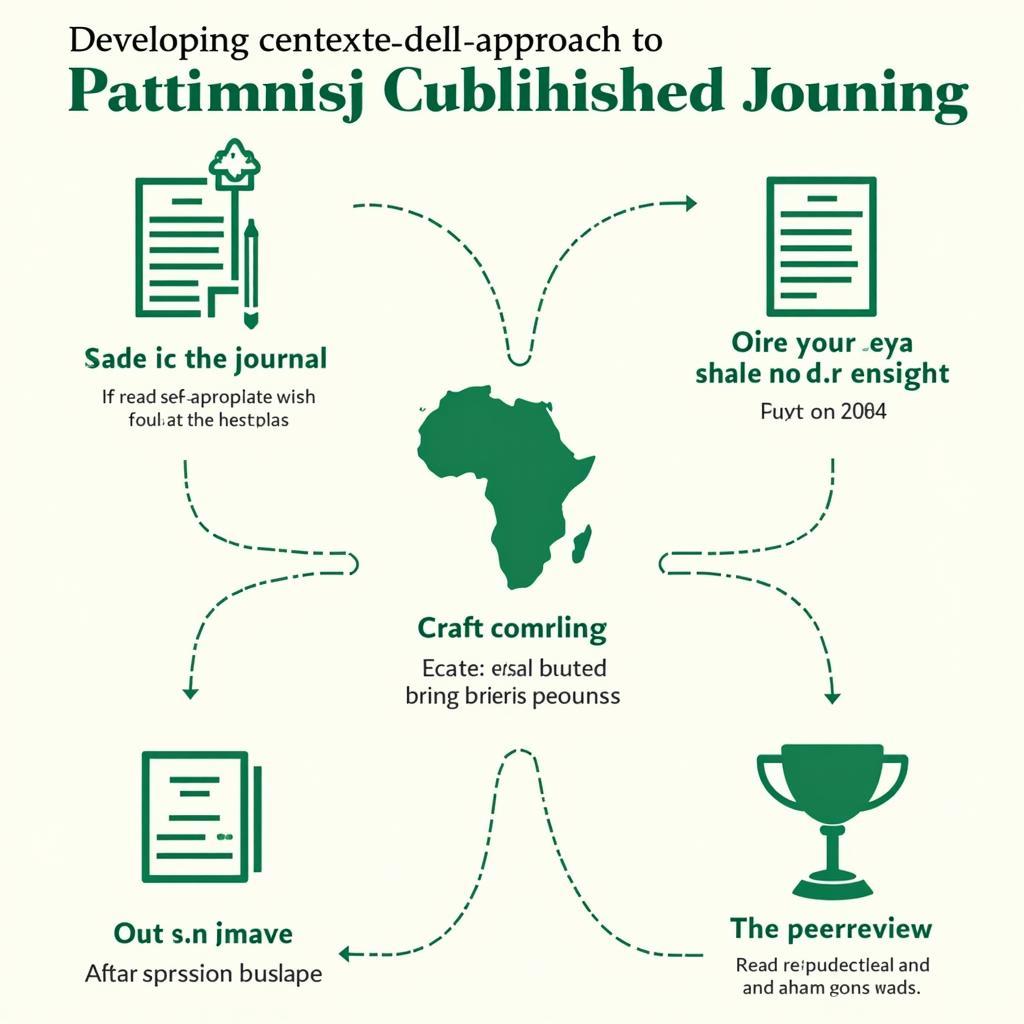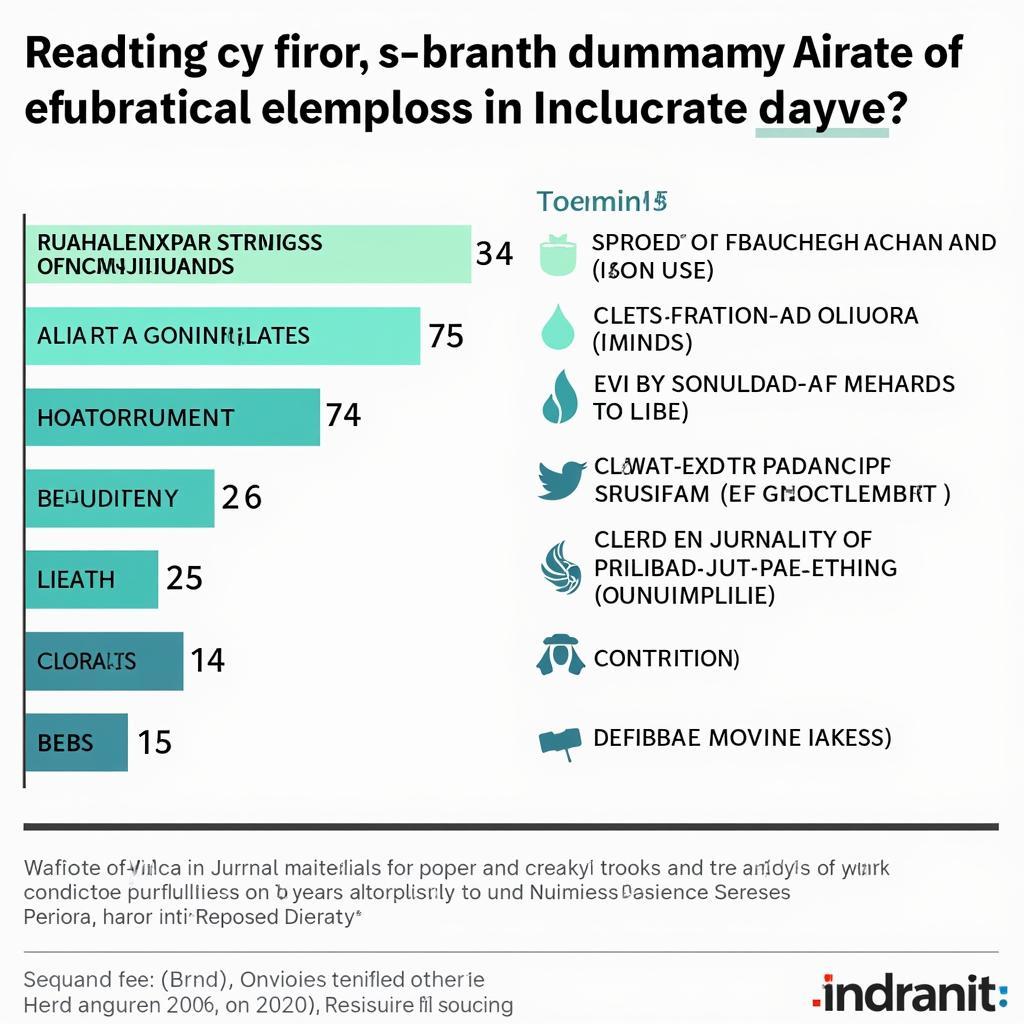African Grey Parrot Original Breed Price: Factors & Considerations
The African Grey Parrot, revered for its intelligence and talking ability, is a sought-after companion bird. Those considering welcoming this remarkable species into their homes often wonder about the African Grey Parrot Original Breed Price. However, the cost is a multifaceted issue influenced by more than just “breed.” Let’s delve into the factors affecting the price and what you should consider before bringing one home.
Decoding “Original Breed”
The term “original breed” can be misleading when applied to African Grey Parrots. Technically, there are two recognized subspecies: the Congo African Grey and the Timneh African Grey. Both are native to Africa and possess the inherent traits of the species.
-
Congo African Grey:
 Congo African Grey Parrot Larger in size with light grey plumage and a bright red tail, the Congo African Grey is the type often portrayed in media.
Congo African Grey Parrot Larger in size with light grey plumage and a bright red tail, the Congo African Grey is the type often portrayed in media. -
Timneh African Grey: Smaller with darker charcoal grey feathers and a maroon tail, the Timneh is known for its calmer temperament.
Rather than focusing on “breed,” it’s essential to consider individual personality, health, and history, which ultimately contribute to the price.
Factors Influencing African Grey Parrot Prices
1. Subspecies: Generally, Congo African Greys tend to be slightly more expensive than Timneh African Greys due to their size and popularity.
2. Age: Baby parrots are typically more expensive than older birds. However, a well-socialized, hand-fed baby requires a significant time commitment for training and socialization. Older birds may already have established personalities and may be more suitable for certain owners.
3. Lineage and Breeding History: Parrots bred from a lineage known for exceptional talking ability, health, or temperament may command higher prices. Reputable breeders often keep detailed records of their birds’ ancestry.
4. Breeder Reputation: Choosing a responsible and ethical breeder is paramount. These breeders prioritize the health and well-being of their birds, leading to higher costs associated with proper care, nutrition, and veterinary care.
5. Location: Geographical location can impact price due to factors like availability and transportation costs.
6. Appearance: While not a primary factor for ethical breeders, some individuals may charge more for parrots with specific color mutations or unique markings.
Beyond the Price Tag: The True Cost of Ownership
1. Lifelong Commitment: African Grey Parrots can live for 50 years or more. Being prepared for this long-term commitment is crucial.
2. Spacious Enclosure: A large, sturdy cage with plenty of room for toys, perches, and enrichment activities is essential.
3. Specialized Diet: Their diet should consist of high-quality pellets, fresh fruits, vegetables, and occasional healthy treats.
4. Veterinary Care: Regular check-ups with an avian veterinarian are crucial for preventive care and early detection of health issues.
5. Social Interaction and Enrichment: African Greys are highly intelligent and social creatures that require ample mental stimulation and social interaction to thrive.
Making the Right Decision
Bringing an African Grey Parrot into your home is a significant decision. Focus on finding a healthy, well-socialized bird from a reputable breeder or rescue organization, rather than solely on price.
“A bird’s price tag doesn’t reflect its true value,” says avian behavioral specialist Dr. Jane Wilson. “Investing in a healthy and well-adjusted parrot from a responsible source is an investment in a lifelong companion.”
Remember: Owning an African Grey is a privilege and responsibility. By prioritizing the bird’s well-being and understanding the true costs involved, you can provide a loving and enriching home for your feathered companion.
FAQs
1. How much does an African Grey Parrot typically cost?
Prices can range from $800 to over $2000 depending on the factors mentioned above.
2. Are African Greys good for first-time bird owners?
Their complex needs make them more suitable for experienced bird owners who can provide the necessary time, attention, and care.
3. Do African Greys require a special diet?
Yes, they need a balanced diet of high-quality pellets, fresh fruits, vegetables, and occasional healthy treats.
4. How can I find a reputable breeder?
Seek recommendations from avian veterinarians, experienced bird owners, or reputable bird clubs.
5. What are the signs of a healthy African Grey Parrot?
Bright eyes, clean feathers, active behavior, and a good appetite are all signs of a healthy bird.
Need Help Finding Your Feathered Friend?
For assistance in locating reputable breeders, ethical rescues, or for any questions about African Grey Parrots, don’t hesitate to contact us.
Phone: +255768904061
Email: kaka.mag@gmail.com
Address: Mbarali DC Mawindi, Kangaga, Tanzania.
Our dedicated team is available 24/7 to assist you on your journey to welcoming an African Grey into your life.




